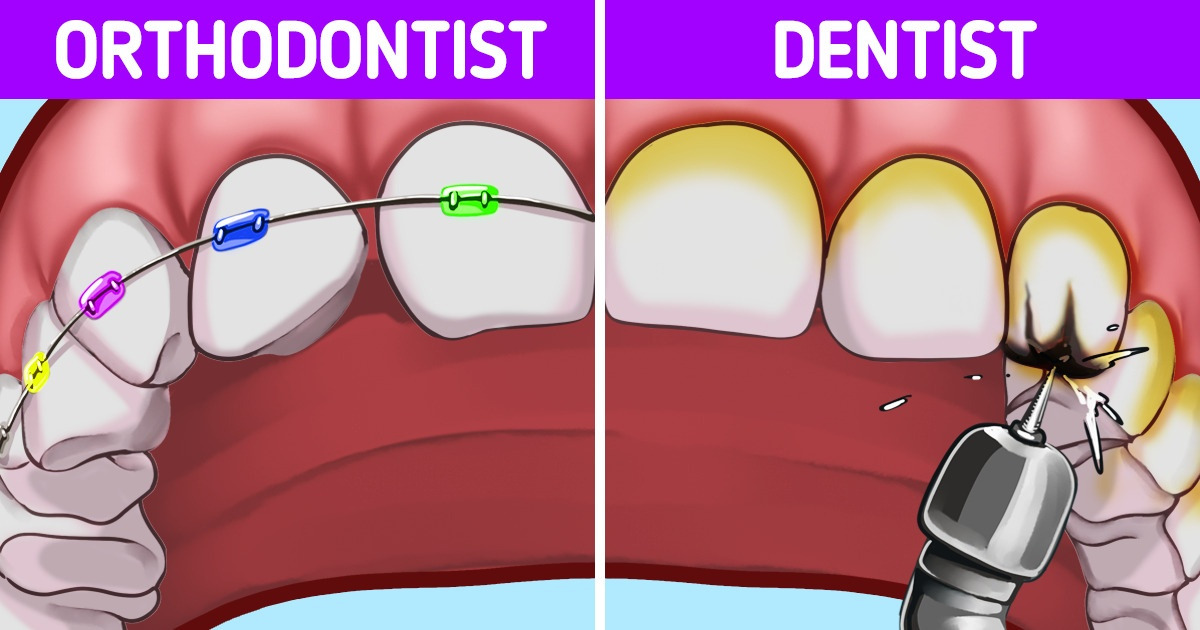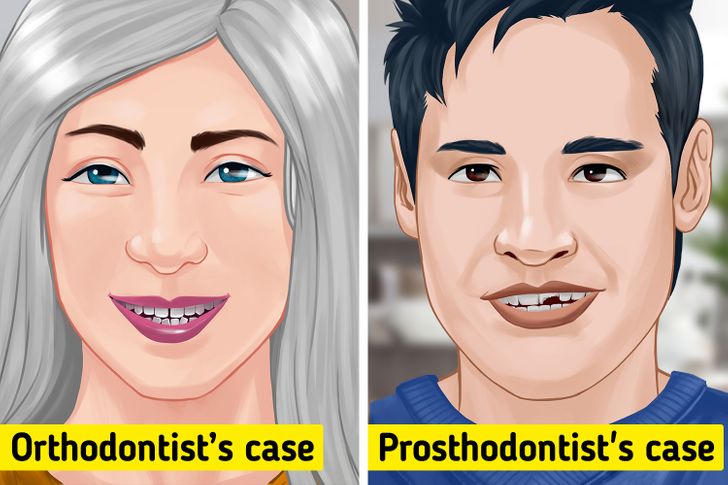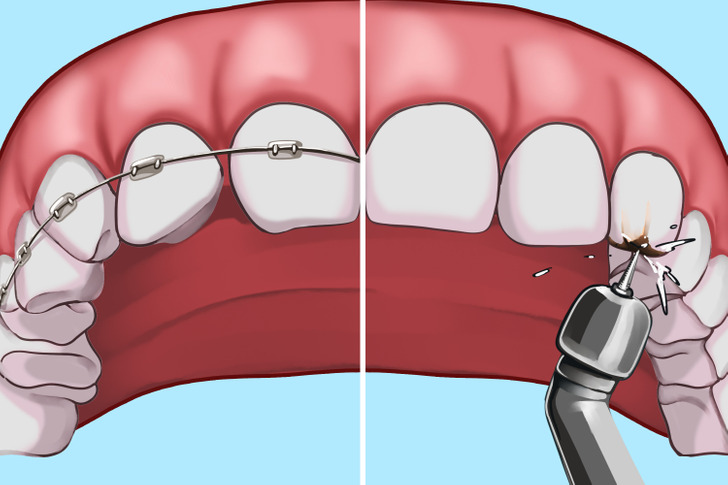How to Choose a Dentist: 5 Simple Steps

Regular dental check-ups can help keep your teeth healthy and prevent the development of many diseases, such as tooth decay and gingivitis. But if a visit to a dentist makes you nervous, you probably won’t do it regularly. That’s why, it’s so important to find a doctor who you feel comfortable with and who’s qualified.
5-Minute Crafts prepared detailed instructions consisting of 5 simple steps for you that’ll help you choose a suitable dentist.
1. Make a list of potential dentists

Make a list of dentists that might be right for you. You can find your options in the following ways:
- Ask your family, friends, or co-workers. If they recommend their own dentist, ask them what services they used, how it went, and how satisfied they are with the specialist’s work.
- Ask for recommendations from the doctors you visit regularly. They may be able to recommend competent colleagues whose work they hold in high regard.
- Check specialized portals. In the search settings, sort dentists by their score and study those with the best patient reviews.
2. Consider their experience and credentials

Consider the following when choosing a dentist (via website, e-mail, or phone):
- Their education
- Their medical certificates
- The additional courses they have attended recently. This is essential for dental specialties like orthodontics and endodontics.
- Methods they use in their work
- Their experience in dealing with your disease, if you have a specific problem.

In addition to experience and credentials, consider the specialty of the dentist. For example:
- A general dentist conducts a general examination, hygienic cleaning of the teeth and, if necessary, their treatment. They will also give you tips on oral care, and send you to another specialist if necessary.
- An implantologist conducts operations on replacing the roots of teeth with metal implants, as well as replacing missing teeth with false ones.
- A periodontist specializes in gum diseases. Like an implantologist, they can consult with a patient on installing an implant.
- A dental prosthodontist helps replace missing teeth with prostheses and installs crowns and veneers.
- An orthodontist helps correct the bite by aligning the position of the jaws and moving the teeth. They use braces, aligners, and other orthodontic appliances.
3. Study reviews

Take a look at the patient reviews on the dentist’s website, or on the medical portals. This will give you an idea of what to expect if you choose a particular doctor. You can also enter the first and last name and specialty of the dentist in a search engine and see if there are reviews about them on other websites.
As you study reviews from patients, pay attention to the following:
- Whether they trust the dentist
- How satisfied they are with their treatment
- How much time the doctor spends with their patients
- Whether the doctor answers patients’ questions
- What the clinic and the doctor’s office look like
- How polite and punctual the doctor is
4. Make an appointment

Choose one or more dentists with the suitable experience, education, specialty, and good patient reviews. Make an appointment with them.
Before making an appointment, specify the following:
- The location of the clinic and how to get there
- Opening hours and whether the doctor accepts patients on weekends
- Whether the doctor provides emergency care if problems arise after treatment
- The cost of the first consultation and the treatment you need
5. Evaluate the clinic and the dentist’s work

During your visit to the dentist, check out the clinic and doctor’s office. Pay attention to the following:
- How clean and tidy the premises of the clinic are
- Whether all surfaces and equipment in the office look clean
- Whether your consultation starts on time or if you have to wait
- Whether the doctor and nurses wear disposable masks and gloves
During your appointment, describe your problem and symptoms to the dentist. Also, be sure to mention if you have any contraindications to anesthesia or certain medications.
During the consultation, actively ask the doctor questions and clarify what treatment options they can offer you. Pay attention to how comfortable it is for you to talk to the doctor, whether they’re attentive to you, and whether they willingly answer your questions or try to avoid them.
If you are not happy with the dentist’s answers or feel uncomfortable, consider consulting with another doctor. You may need to visit several doctors before you find a dentist you will eagerly visit for years.